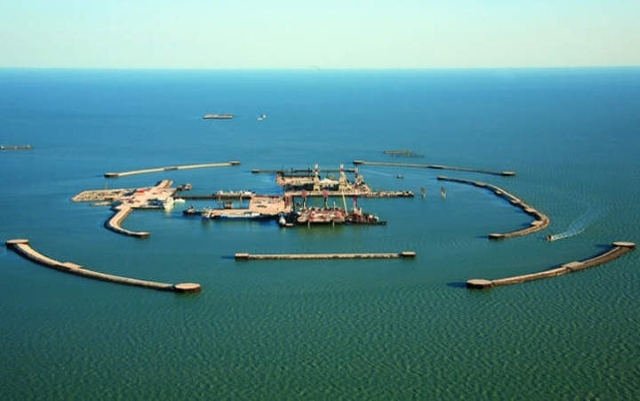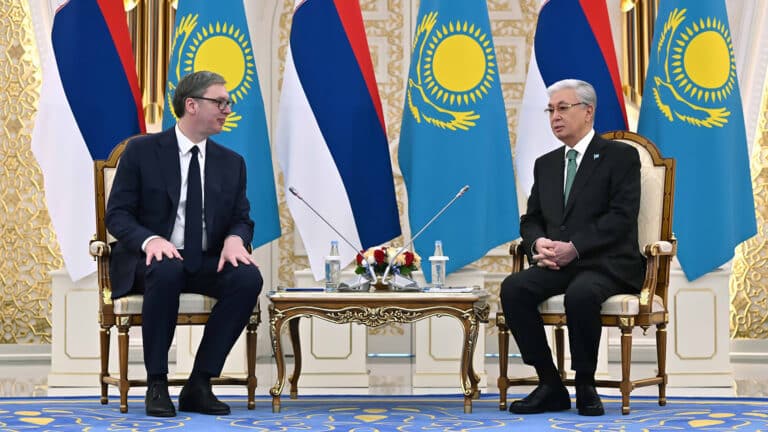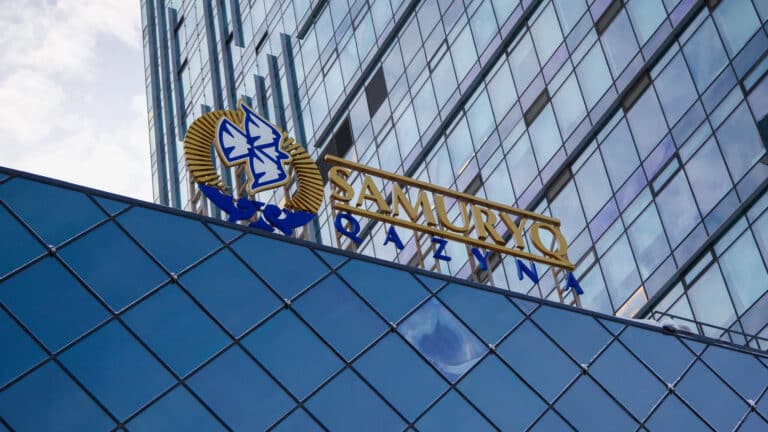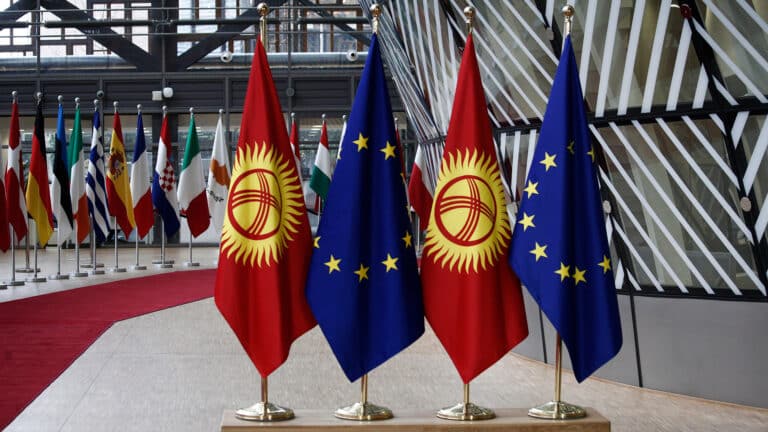
According to Olzhas Baidildinov, author and host of the «Baidildinov. Oil» TV show, Kazakhstan probably wants to increase its share in the North Caspian Operating Company, an international consortium that has run the Kashagan oil field on the Caspian Sea offshore since 2016.
«Five billion dollars in fines is quite a big amount of money. The consortium has already invested $65 billion in the project. They have never stopped investing, so these investments might be even bigger now, about $70 billion. Knowing all this, the government wants them to pay $5 billion in fines. I think it is going to be similar to the case with Karachaganak,» the expert told Kursiv, commenting on the government’s intention to claim $5.1 billion from NCOC as a fine for violation of environmental legislation.
Earlier this week, Bloomberg reported that the consortium violated the rule of sulfur storage, citing the country’s Ministry of Ecology, Geology and Natural Resources. The government is accusing the company of storing twice as much sulfur as it is allowed. With extractable reserves of 9 to 13 billion barrels, the Kashagan oil field is considered one of the largest oil deposits discovered over the past decades in the world.
Baidildinov believes that Kazakhstan’s government is going to push the consortium to let its national company KazMunayGas (KMG) get a larger share in NCOC. The country’s authorities did exactly the same at the beginning of 2010 when they rolled out a set of tax and environmental claims against Karachaganak Petroleum Operating (KPO) and get a 10% share for KMG.
«As you probably remember, Kazakhstan had no share in Karachaganak at the initial stage of the project. However, it filed tax and environment claims of about $2.7 billion against the company. As a result, KPO had no choice but to give a 10% share to the national oil company. It seems to me that Kazakhstan is going to do the same in order to get a bigger share in Kashagan,» Baidildinov said.
Given that the consortium changed deadlines for the project start on many occasions, the authorities may decide to revise the contract, the expert believes.
«After 2030, our oil industry will face a crisis and I think it is not a good idea to prolong these oil contracts. For example, the Tengiz oil field contract is going to expire in 2033. On the other hand, Kashagan has long ago fallen behind schedule and I think Kazakhstan has to play tougher to protect its interests. The county may not want to tolerate violation of deadlines and should probably revise all those agreements it signed at the beginning of the 1990s when it just became an independent state. Often these contracts aren’t transparent and Kazakhstan’s share is too small. As of today, Kazakhstan’s share in the revenue generated by Kashagan is about 2% because foreign partners wanted to recoup their money first,» he said.
Foreign investors have shares in all big oil and gas projects in Kazakhstan (Tengiz, Karachaganak and Kashagan) and operate under production-sharing contracts. The Kashagan project was supposed to start operating back in 2005. However, this deadline was rescheduled many times due to rising costs. The project started operating in 2015 but then the production was suspended because of a problem with a pipeline. In 2016, the pipeline overhaul was completed and the project started operating once again. In 2014, due to constantly rising costs, The Economist even dubbed the project Cash All Gone.
Baidildinov also noted that the pressure the government of Kazakhstan is pushing down on the company may have consequences as the investment climate will worsen. This is why the country’s authorities have to think twice before going forward with this strategy. The expert also pointed out that the first media outlet that published the news was American Bloomberg, which means that the government must explain its plans to foreign and local investors to avoid misunderstanding and negative reactions.
NCOC is an international consortium of several oil companies, including KMG Kashagan B.V. (16.877%), Shell Kazakhstan Development B.V. (16.807%), Total EP Kazakhstan (16.807%), AgipCaspian Sea B.V. (16.807%), ExxonMobil Kazakhstan Inc. (16.807%), CNPC Kazakhstan B.V. (8.333%) and Inpex NorthCaspian Sea Ltd. (7.563%).













